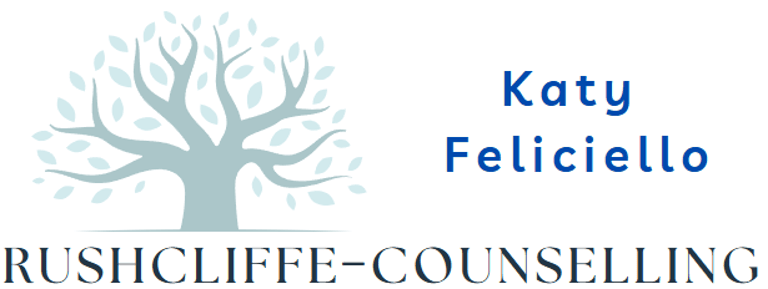Sight Loss Counselling
Have you ever considered the importance of counselling when you or someone you may know lives with or has recently been told they have a degenerative eye condition that may lead to partial or total sight loss? What does it mean to the individual and for those around them? How will the world react? What will happen to employment and independence?
COUNSELLING
Katy Feliciello
4/18/20252 min read


Have you ever considered the importance of counselling when you or someone you may know lives with or has recently been told they have a degenerative eye condition that may lead to partial or total sight loss? What does it mean to the individual and for those around them? How will the world react? What will happen to employment and independence?
It is only when you pause and walk in someone’s shoes who is experiencing this, do you realise it is far more that what one can see. Independence, belonging, loss, grief, anxiety, confidence and the practicalities are real worries and concerns.
Did you know 2 million people in the UK are registered with sight loss? Did you know of those 2 million , 93% can see something? And did you know there are 200 different forms of sight loss/ ( RNIB Training, 03/25)
Sight Loss Counselling
I have recently completed the RNIB’s sight loss training for counsellors and have been blown away by how traumatic and complex this can be for those involved. It isn’t just how the individual with the sight impairment comprehends the changes to their life but it is how society, the family, workplaces, transport, friends and the medical profession respond to their needs. Each case is so unique and every person’s journey is different.
However key themes that can be supported through counselling can unite these differences. Loss, grief, fear, worry, anxiety, confidence, independence and self-esteem.
Imagine accepting a vision aid and in so many ways declaring to the world I have a sight impairment? Imagine accepting the need to rely on more help if you are fiercely independent? These two situations alone are so hard to comprehend.
RNIB Trained
Counselling
Counselling for sight loss involves giving the individual time to tell their story, clarify their thoughts, express emotions, be heard. Time to explore their new identity, their changing relationships with friends and family. Time to be listened to with kindness and empathy and explore together what the future may be like without sight. Rebuilding oneself to this new normal; self-acceptance, compassion, recognising skills and empowerment.
Counselling is ready to walk with you; I am ready to walk with you in this journey.



